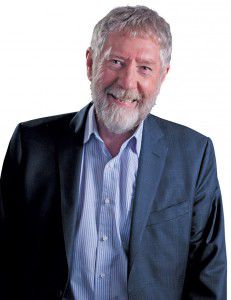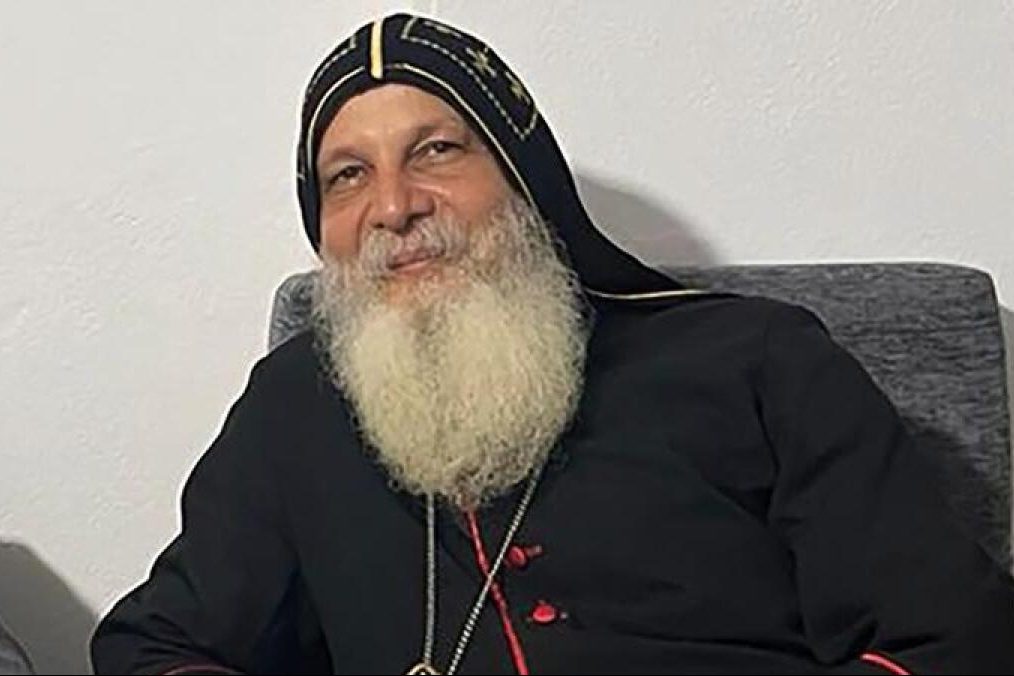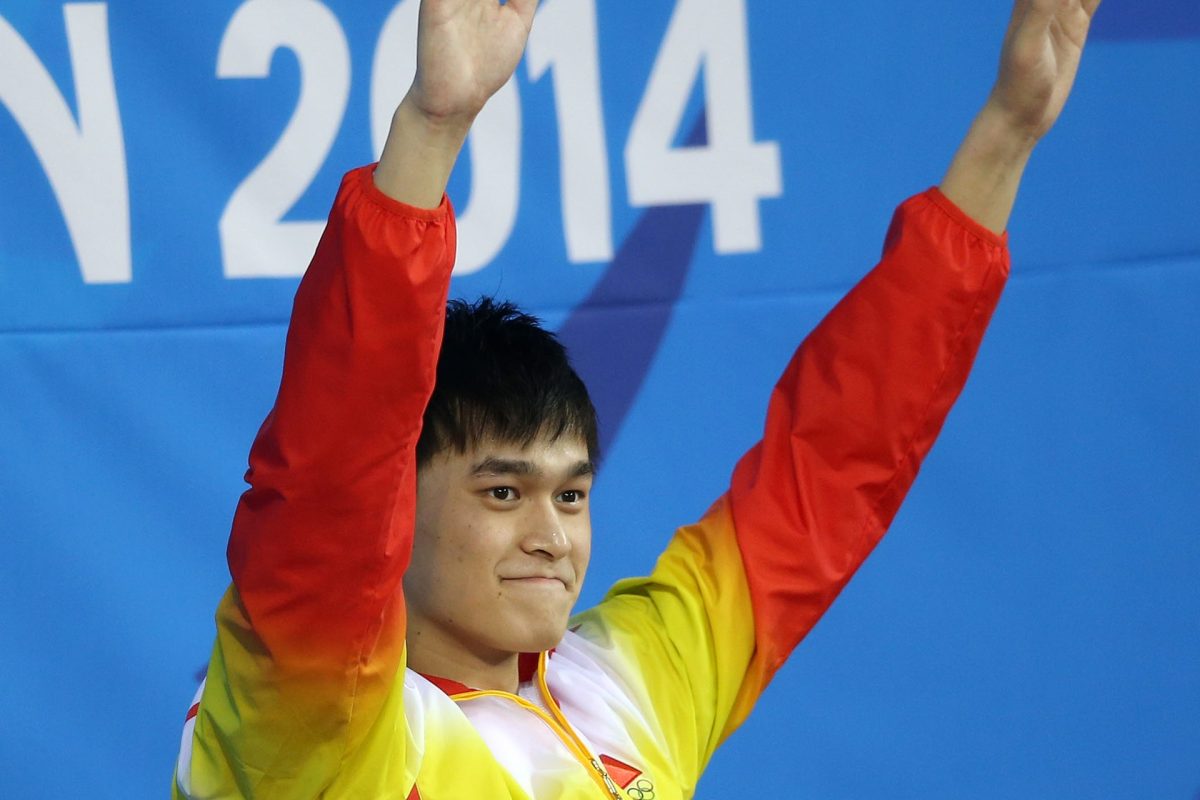SERIOUS issues within political parties have been highlighted as the marriage equality debate heats up in Australia. The debate also exposes religious influence and the failure of a clear separation between church and state has come into sharp relief.
This is not the first time religious influence in political decision making has raised its ugly head.

Every time there is a debate on women’s right to abortion in any jurisdiction in Australia the same issues arise. These are all issues of individual conscience where governments ought not to interfere with the right of individuals to choose.
For such a serious matter, watching the political parties writhe under the pressure is entertaining. While Labor Leader Bill Shorten and his deputy Tanya Plibersek offer leadership in supporting gay marriage through a non-party “private member’s bill” there are strong elements in the party opposing their action. PM Tony Abbott’s attempts to provide opposition to gay marriage have caused considerable turmoil for many of the elected members of the Liberal Party. For example, he used his influence to ensure no MP from the ruling Liberal Party would co-sponsor the private member’s bill.
The ACT Liberals have maintained solidarity in the past by arguing the matter was really about federal legislation – and in the end this was supported by the High Court.
With the matter now being debated nationally they no longer have this way out. As community leaders they are expected to take a stance. The non-religious leader Jeremy Hanson is maintaining the view he expressed in his inaugural speech in support of marriage equality while others remain stridently opposed.
The political problem lies with the pressure of religious influence on decision making for ordinary Australians.
Why should religious views dictate to Australians on matters of conscience? Where has the genuine conscience vote gone? At what point does religious influence make Australia at least a demi-theocracy? Isn’t the threat of theocratic governments one of the reasons that Australians are involved in conflict in the Middle East? (Oh, but that is a different religion!)
This debate also reveals just how heavily “party discipline” has become embedded in Australian politics. Marriage equality could simply be a conscience vote. However, politics is never quite so simple. There are always wheels within wheels as influence is ruthlessly exercised.
Most backbenchers want to become ministers, they want support for their electorates and they want to position themselves in a favourable way with the leadership.
Those within parties who oppose gay marriage know that they have strong support, for example, from the formalised Christian Lobby and they are keen to retain such support. This lobby has a strong perspective – even to the ludicrous notion proposed by Mr and Mrs Jensen in the “CityNews” last week suggesting they would divorce if other people of a different view were able to share their marriage privilege.
On the flip side, supporters of marriage equality understand how powerful the gay lobby can be if it determines to attack particularly vulnerable members in marginal seats. Neither lobby can bring all the people of similar backgrounds to vote for one party or another – but they do influence a fair proportion.
Starting with the Prime Minister and the Treasurer, the upper echelons of the current federal Cabinet are heavily of the Catholic faith. However, they seem to practice a much more conservative form of Catholicism than that in Ireland, where a national referendum overwhelmingly supported marriage equality. Of course, their religion influences their thinking.
Such a small proportion of Australians has caused so much angst! The Australian Bureau of Statistics reports same-sex couples as a proportion of the population just 0.7 per cent in 2011. According to the Australian Marriage Equality website, nearly two thirds of Australians support marriage equality for this small percentage of our population and things are changing rapidly with more than 80 per cent of 18-24 year olds being supportive.
The reality is that the vast majority of our community, as with the overwhelmingly Catholic Irish, recognise rights of ordinary individuals with a difference of opinion or lifestyle to make their own decisions.
As UK comedian Ricky Gervais points out: “Same sex marriage isn’t gay privilege, it’s equal rights. Privilege would be something like gay people not paying taxes. Like churches don’t.”
Who can be trusted?
In a world of spin and confusion, there’s never been a more important time to support independent journalism in Canberra.
If you trust our work online and want to enforce the power of independent voices, I invite you to make a small contribution.
Every dollar of support is invested back into our journalism to help keep citynews.com.au strong and free.
Thank you,
Ian Meikle, editor





Leave a Reply